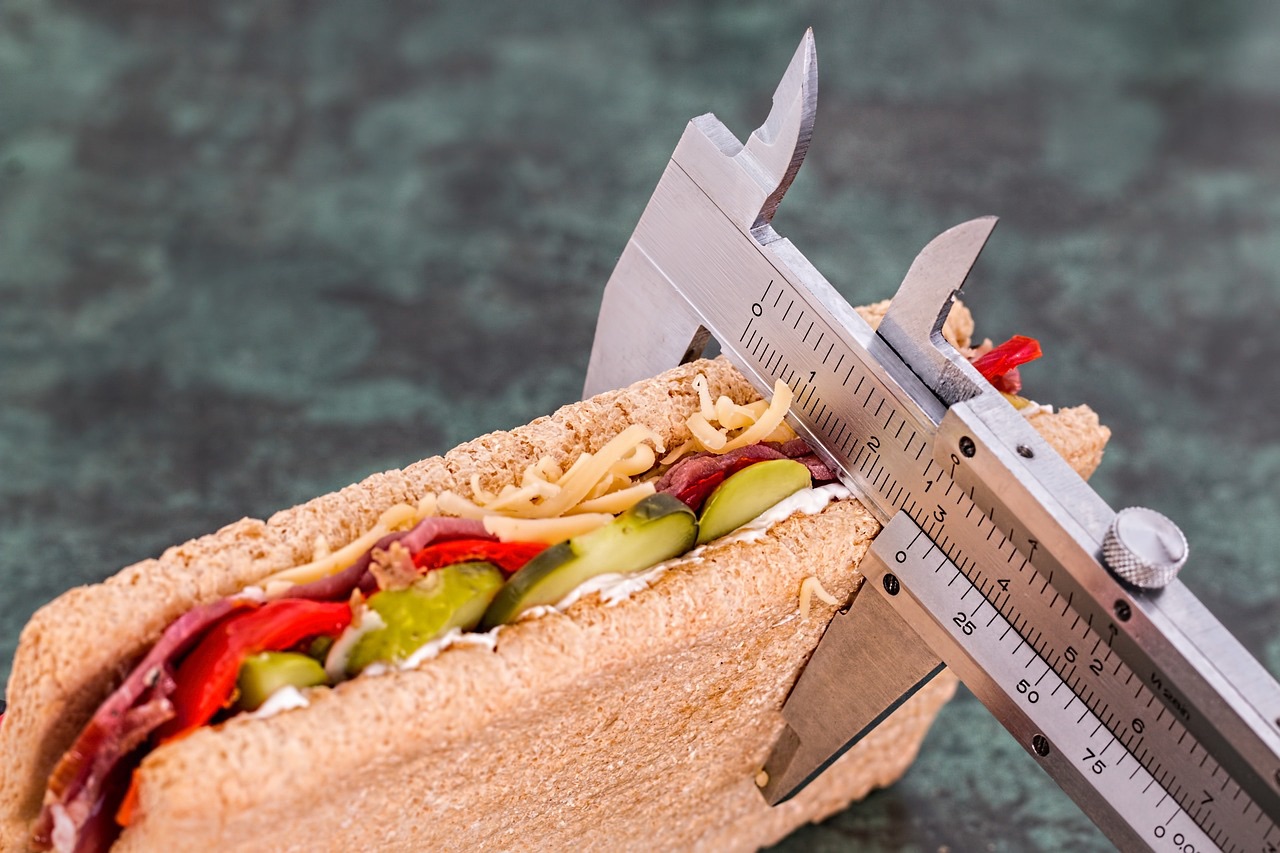Nutrition is one of the most important factors in determining the outcome of weight loss efforts. As a proponent of leading a healthy lifestyle, I stress the significance of implementing a balanced diet that not only facilitates weight loss but also enhances general health. In this post, we’ll examine the role that nutrition plays in your weight loss efforts and the kinds of foods that can help you see long-term benefits.

1. Accept Complete, High-Nutrient Foods
Focusing on eating complete, nutrient-dense foods is essential for weight loss. These include fruits, vegetables, lean proteins, whole grains, and healthy fats. In addition to being abundant in vital vitamins, minerals, and antioxidants, these meals give the body the long-lasting energy it needs to power daily tasks and exercise. Additionally, whole foods tend to be more filling, which can help curb cravings and prevent overeating.
2. Give Protein First Priority
Any diet plan for weight loss must include protein since it is vital for maintaining and promoting muscle growth and repair. Lean protein sources like beans, lentils, fish, poultry, and tofu will help you feel fuller and satrier after a meal, which will help you consume less calories overall. To help you lose weight and maintain lean muscle mass, try to include protein in every meal and snack.
3. Include Nutritious Fats
Fats are not the enemy when it comes to losing weight, despite common assumption. As a matter of fact, adding good fats to your diet can help you lose weight by encouraging feelings of pleasure and fullness. Choose foods like avocados, almonds, seeds, olive oil, and fatty fish like mackerel and salmon that are rich in healthful fats. These fats offer vital fatty acids that promote heart health and can help control hunger hormones, which can help you maintain your calorie target intake.
4. Minimize Sugary and Processed Foods
Processed meals and added sugars can undermine your efforts to lose weight and are important contributors to weight gain. These foods frequently lack the fiber required to encourage feelings of fullness, are high in calories, and are low in nutrients. They may also result in blood sugar dips and spikes, which can intensify cravings and overindulge in food. To aid in your weight loss efforts, cut out on processed snacks, sweetened beverages, refined grains, and desserts in favor of full, unprocessed meals.
5. Make Eating Mindful
Successful weight loss can also be attributed to attentive eating in addition to making the proper dietary choices. Eat gently, pay attention to your hunger and fullness signs, and enjoy every bite. When eating, stay away from distractions like television and smartphones as this might result in mindless overeating. A better relationship with food and more thoughtful eating habits that help you reach your weight loss objectives can be achieved by paying attention to your body’s signals and eating with intention.
To lose weight in a way that is sustainable, diet is essential. Your body may naturally lose weight and become healthier by emphasizing whole, nutrient-dense foods, adding protein and healthy fats, minimizing processed and sugary foods, and engaging in mindful eating. Recall that maintaining a healthy lifestyle and fueling your body are more important for weight loss than simply watching the number on the scale.
